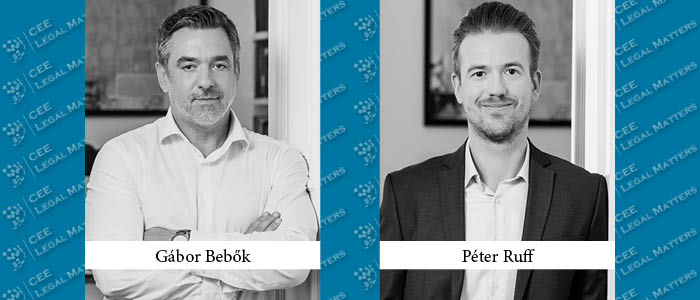Anyone who has seen venture capital investments has probably encountered the expressions “vesting” or “reverse vesting”.
Vesting, taken from the Anglo-Saxon practice, is an instrument also established in continental legal systems. Vesting may be summarized as a ‘gradual share allowance’.
The essence of vesting is to ensure (i) the active participation of the founders in the target company for a specified period of time (the vesting period), and make them committed to the realization of the project. In case of classic vesting the founder acquires the shares in certain instalments during the vesting period, as agreed by the parties, usually in the investment and shareholders agreement.
Reverse vesting, on the other hand, reverses the timeline and formula of the above, i.e., the founder acquires all of his shares at the beginning of the cooperation with the caveat that if he becomes a ‘leaver’ (abandons the project or leaves the target company) within the vesting period, he loses a proportional part of his shares.
The reverse vesting rules may generally apply to founders already being members of the company at the time of the investment, however, in practice, reverse vesting is generally applied to people who join the project later.
In the Hungarian legal system, reverse vesting may be enforced by establishing a fixed-period call option right. Let us use a simple example: When concluding the investment agreement, the parties agree on a four-year vesting for the given founder. According to their agreement, if the founder becomes a leaver within one year from the date of signature, the option holder (the investor, or the target, as agreed in the investment agreement) may acquire 100% of the founder's shares. The proportion of the shares potentially affected by the call option right is reduced to 75% after one year but within two years, to 50% between years 2-3 and to 25% between years 3-4.
In case of limited liability companies, the enforceability of reverse vesting before January 1, 2022, was a contentious point, as neither the scientific literature nor the judicial practice was consistent on whether it was necessary to divide the business quota, and whether this division required the consent of the quotaholders’ meeting in case only a certain proportion of the shares are concerned with the reverse vesting – e.g. leaving after one year in the above example.
According to a possible interpretation, if no more business units are created, i.e. the members transfer a business quota among themselves, it cannot be considered as division of the quota. According to an alternative interpretation however, a division occurs, but the consent of the members' meeting is not required as the business quota may be transferred between the members without any restrictions. Based on a third interpretation, the relevant case presumes a division of the business quota, in which case – in the absence of a different provision of the Civil Code – the consent of the members' meeting is required.
The willingness of the founder, concerned with the reverse vesting, to cooperate made the situation even more complicated. It is easy to understand that if such founder was willing to cooperate, the issues above would not have manifested because the quotaholders could decide on the appropriate division of the founder’s business quota and its transfer supported with the founder’s vote. However, without such cooperation, together with the dogmatic uncertainties above, the enforcement of reverse vesting became enormously problematic.
On January 1, 2022, the amended Civil Code has addressed these issues and now stipulates that a member of a limited liability company may have more than one capital contribution, therefore, more than one business quota.
Based on the amendment, the investors now have the opportunity to require (and enforce) the division of the founders’ quota in accordance with the vesting period and the specific vesting rules, and may establish a call option right for a sufficient period of time on the quotas.
By Gabor Bebok, Partner, and Peter Ruff, Senior Associate, Pontes Budapest, Pontes


